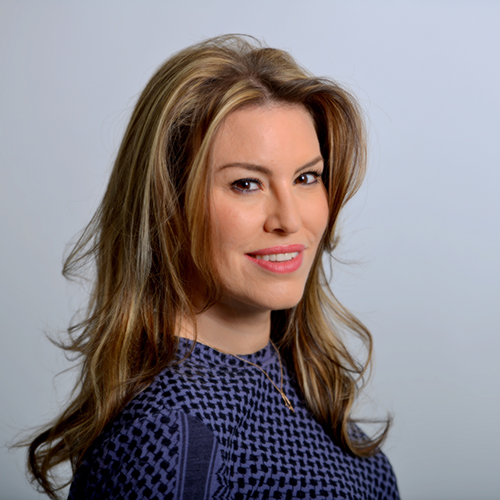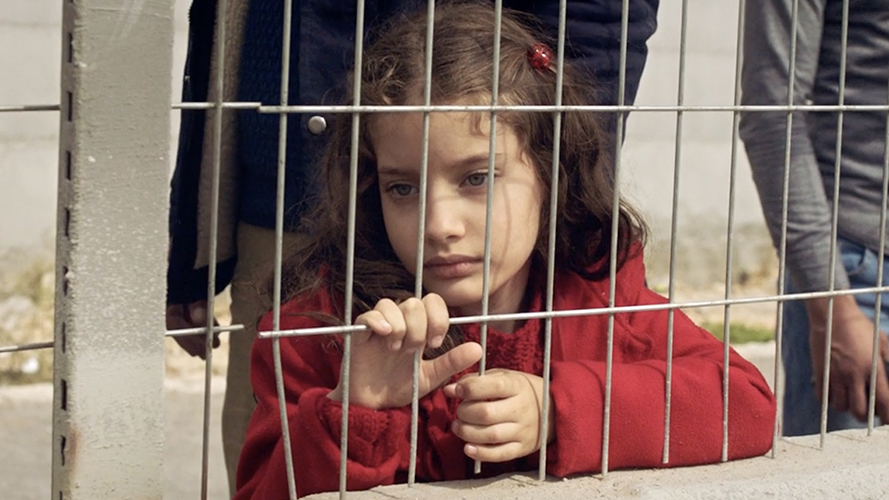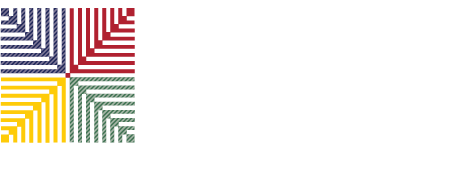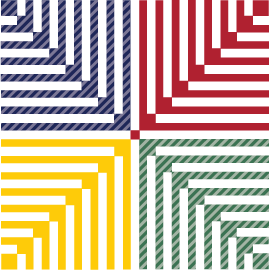

The Present explores a shopping outing with Yusef and his daughter Yasmine as they navigate soldiers, segregated roads, and checkpoints in the occupied West Bank to complete a simple errand—buying Yusef’s wife an anniversary present. Presented as part of this year’s shorts series Against All Odds, The Present, a narrative short, has qualified for the Oscars and won a number of Jury and Audience Awards, including at Cleveland International Film Festival, Brooklyn Film Festival and the Palm Springs International ShortFest. We were able to chat with the film’s writer and director, Farah Nabulsi, to learn more about how she began in filmmaking and the importance of telling this story.


BPFF: Let’s start at the beginning. How did you begin filmmaking?
FN: My professional and educational background is in finance, but just a few years ago, after a life-changing trip to the occupied Palestinian Territories, I started to write privately and therapeutically about what I had seen and felt and began to imagine, as I naturally started to exercise empathy about the injustices taking place there. Around three years later, I chose to become a filmmaker by adapting those initial written pieces and producing them as short films. I had never worked in the industry and had no past experience or formal education, but I wanted to tell the stories and I’ve always loved film. Since I was a little kid, I loved telling stories and film as a medium has no limit to the stories you can tell or the ways in which you can tell them—and Palestine specifically has so many stories that need telling.
I always refer to what Stanley Kubrick said, “The best education in film is to make one.” That literally brings us to the present—present time and The Present. This is the first film I directed—the learning process was huge and daunting, but here we are.
BPFF: Why did you choose to tell this story, and why did you choose to talk about the checkpoints?
FN: I’m Palestinian. Born and raised in England, but my blood and heritage is Palestinian, from both my parents. I don’t live in Palestine, but I have been there enough times to witness and personally experience the indignities and frustrations of these checkpoints and being at the mercy of occupying Israeli soldiers. On the one hand, I was inspired to tell the story because it touches on my personal identity and experiences, but I felt more compelled to tell the story for those who live this absurd, exhausting, humiliating reality every day.
The original inspiration was from a young man I got to know, who lives in Hebron. During one of my trips, we were standing on one side of this horrible checkpoint at the end of the road he lives on staring at the monstrosity and it hit me, that for this man and his mother, no matter where they need to go, what they need to get, or whom they need to see—they have to pass through this checkpoint.
Ever since my first adult trips to Palestine, around 2014, I’ve been intrigued, in a dark way, I suppose, by exploring what it means on a daily practical level to besiege a whole population between walls and checkpoints, under the watch of an omnipresent occupying power, and how that impacts the human spirit—individuals, families, children, and the collective as a whole.
BPFF: What was it like to film The Present—where and how did you film the checkpoints?
FN: We filmed entirely in Palestine, in Bethlehem—which allowed for the correct representation and the right set backdrop and actors and accents and atmosphere. Filmmaking overall is tough, but then you add filming in occupied territory, and that makes it all the more difficult. The cast and crew, for example, held different IDs and could come and go with different degrees of freedom, which would cause unnecessary delays and sometimes increased costs. In the landscape under military occupation, we could have been prevented from filming at any moment. Thankfully, we were not, but I was continuously nervous and on edge. Getting the right location was incredibly hard. We would find the best locations, aesthetically and acoustically, and then would find the land area zoning to be too impossible to navigate.
One of the hardest things we did, which we took a big risk on, was filming in the infamous Checkpoint 300 in Bethlehem. Hundreds of Palestinians pass through this humiliating checkpoint every morning, literally like cattle on a battery farm. The only fiction in that scene is our protagonist Yusef (played by the
[vc_video link=”https://www.youtube.com/watch?v=OIVb_kwU4AQ&feature=youtu.be”]
incredible Saleh Bakri)—everything else is completely real. We took no permissions ahead of time, and we were surrounded by a sea of people. It was tough for me, as a female, directing my first scene ever and trying not to attract attention to myself. It was tough for Saleh, as he didn’t want to get in the way of the people. We had no lighting, but thankfully managed two cameras. We had help in knowing how far up we could film in the checkpoint out of the sight of the military. It was super tough, but I really wanted to film there. Originally, I had sketched out a set based on Checkpoint 300 with hundreds of extras to capture this moment, but the budget would not be possible. It felt so unfair to not show the reality because of the budget, so we just went for it.
BPFF: What is the one thing you would want viewers to take away from The Present?
FN: I want the film to do what all good films should do, which is essentially give the audience an emotional experience. It’s really important to me, as a filmmaker. But I also want them to contemplate the film. I want them to consider the human dynamics required to cope with such perverse, cruel circumstances. And to wonder what such a life means for people like Yusef and Yasmine. When something so simple like going shopping is made so stressful—and unnecessarily so. It’s a fiction film, but it is based on a true situation. Especially for American audiences or those not as familiar with the circumstances, I would even want them to ask—would they accept such circumstances for themselves?
I’ve had a personal insight that the film has interestingly been released at a time when we’ve all been on lockdown with coronavirus-related travel and movement restrictions around the world. This is just a taste, and you can’t compare it with the situation in, say, Gaza, which has been under siege since 2007, meaning that people haven’t been able to leave the Strip in years. Gaza is a very tiny area, compared to the whole of Europe. In the occupied West Bank, there are hundreds of checkpoints and flying checkpoints that can appear at any time, in such a small area—just 22 percent of historic Palestine. But the pandemic has been a reminder that all take our right to freedom of movement for granted. During the pandemic, people experiencing travel or movement restrictions might not be reflecting on Palestine, (the West Bank or Gaza), but they are perhaps becoming more mindful of the basic human right to freedom of movement. It’s really that basic, but Palestinians are having it torn apart day in and day out—not just by the checkpoints but also by a severe permit regime, the Wall, and other control systems. Living under the pandemic gives you a taste or an opportunity to reflect and hopefully empathize with a situation that is much more severe than that—when you watch this film—this manmade situationthat Palestinians have been living through day in and day out, for decades.
BPFF: What would your hope be for Yasmine and the next generation being raised in Palestine currently?
FN: My hope is for them to be free. It’s that simple. What else is there to hope for them? To be able to live dignified lives free of military occupation and apartheid. Free to dream and pursue those dreams away from oppression, racism, and fear. My hope is that the next generation come up stronger and collectively in solidarity with each other to gain that freedom.
BPFF: Thank you so much for taking the time to speak with us today.
The Present screens online October 16-25 as part of our Shorts Series: Against All Odds. View the full festival program and buy tickets here.

